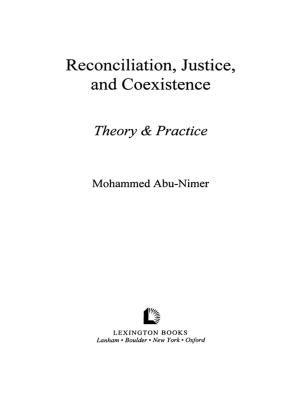The Political Battle over Congressional Redistricting
Nonfiction, Social & Cultural Studies, Political Science, Government, Political Parties, Elections| Author: | Rickert Althaus, Adam Brown, Charles S. Bullock III, Jason Casellas, John A. Clark, Alvaro Jose Corral, Pearson Cross, Todd A. Curry, David Damore, Joshua J. Dyck, Timothy M. Hagle, Brigid Callahan Harrison, Scott H. Huffmon, Shannon Jenkins, Aubrey Jewett, Samantha Pettey, Kevin Pirch, Kent Redfield, Michael Romano, Ajang A. Salkhi, Mark Salling, Frederic I. Solop, Harry C. Strine IV, Russell C. Weaver | ISBN: | 9780739169841 |
| Publisher: | Lexington Books | Publication: | June 7, 2013 |
| Imprint: | Lexington Books | Language: | English |
| Author: | Rickert Althaus, Adam Brown, Charles S. Bullock III, Jason Casellas, John A. Clark, Alvaro Jose Corral, Pearson Cross, Todd A. Curry, David Damore, Joshua J. Dyck, Timothy M. Hagle, Brigid Callahan Harrison, Scott H. Huffmon, Shannon Jenkins, Aubrey Jewett, Samantha Pettey, Kevin Pirch, Kent Redfield, Michael Romano, Ajang A. Salkhi, Mark Salling, Frederic I. Solop, Harry C. Strine IV, Russell C. Weaver |
| ISBN: | 9780739169841 |
| Publisher: | Lexington Books |
| Publication: | June 7, 2013 |
| Imprint: | Lexington Books |
| Language: | English |
John Engler, former Governor of Michigan, once claimed that redistricting is one of the purest actions a legislative body can take. Academicians and political leaders alike, however, have regularly debated the ideal way by to redistrict national and state legislatures. Rather than being the pure process that Governor Engler envisioned, redistricting has led to repeated court battles waged on such traditional democratic values as one person, one vote, and minority rights. Instead of being an opportunity to help ensure maximum representation for the citizens, the process has become a cat and mouse game in many states with citizen representation seemingly the farthest idea from anyone’s mind. From a purely political perspective, those in power in the state legislature at the time of redistricting largely act like they have unilateral authority to do as they please. In this volume, contributors discuss why such an assumption is concerning in the modern political environment.
John Engler, former Governor of Michigan, once claimed that redistricting is one of the purest actions a legislative body can take. Academicians and political leaders alike, however, have regularly debated the ideal way by to redistrict national and state legislatures. Rather than being the pure process that Governor Engler envisioned, redistricting has led to repeated court battles waged on such traditional democratic values as one person, one vote, and minority rights. Instead of being an opportunity to help ensure maximum representation for the citizens, the process has become a cat and mouse game in many states with citizen representation seemingly the farthest idea from anyone’s mind. From a purely political perspective, those in power in the state legislature at the time of redistricting largely act like they have unilateral authority to do as they please. In this volume, contributors discuss why such an assumption is concerning in the modern political environment.















